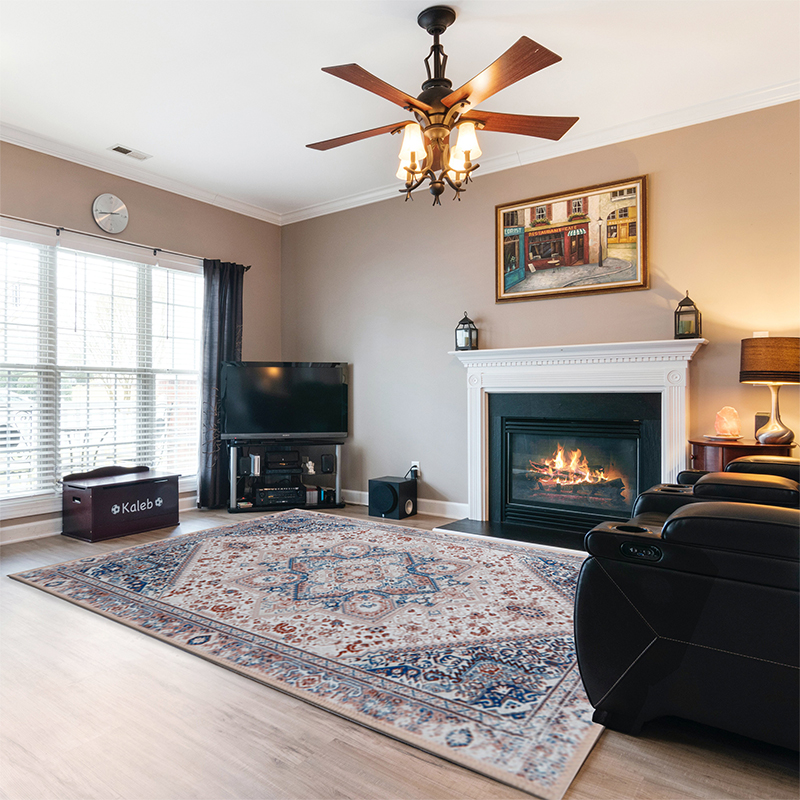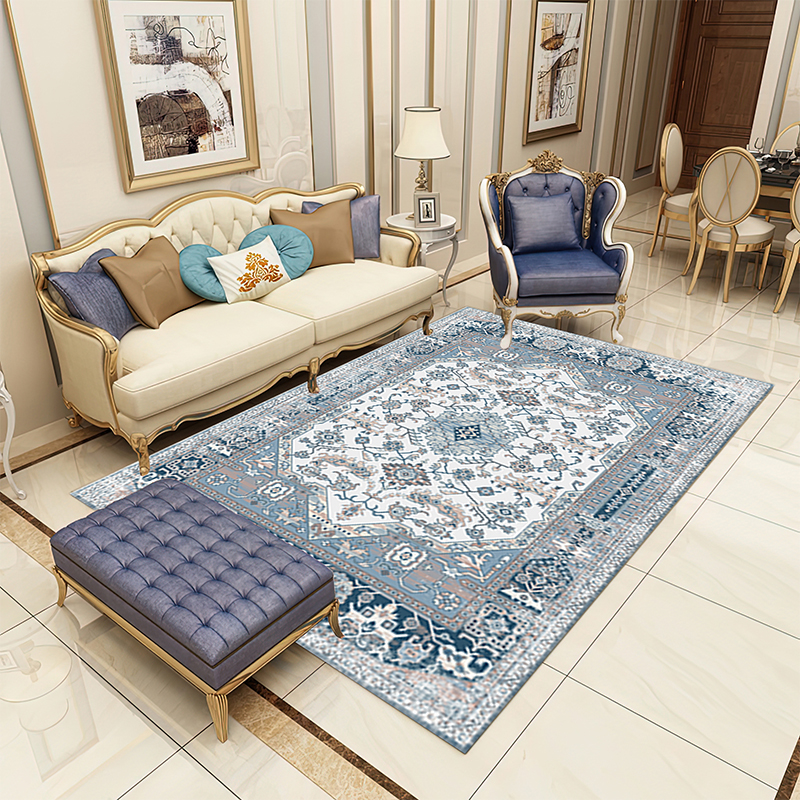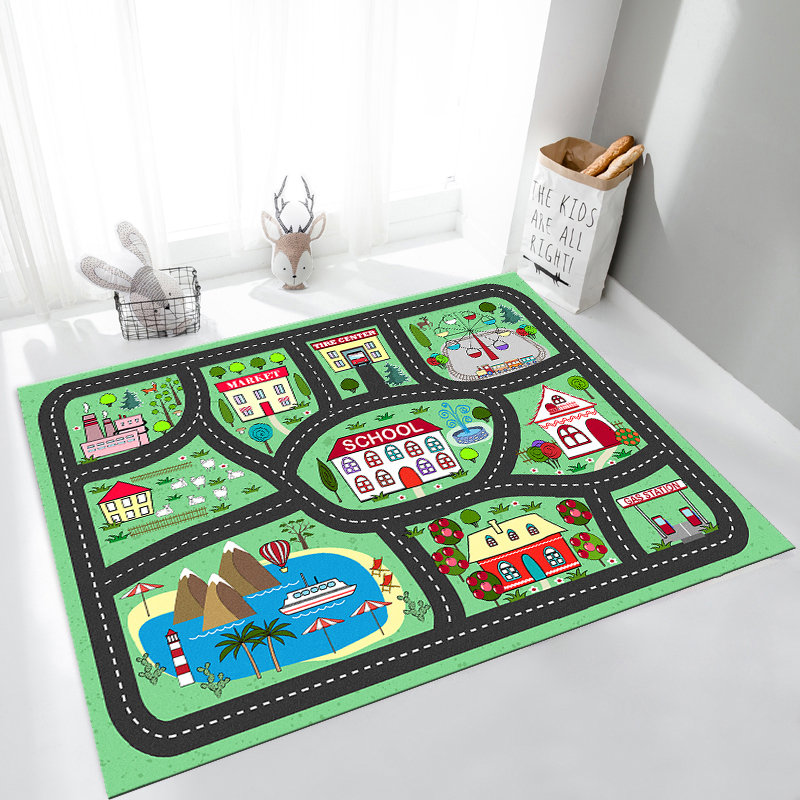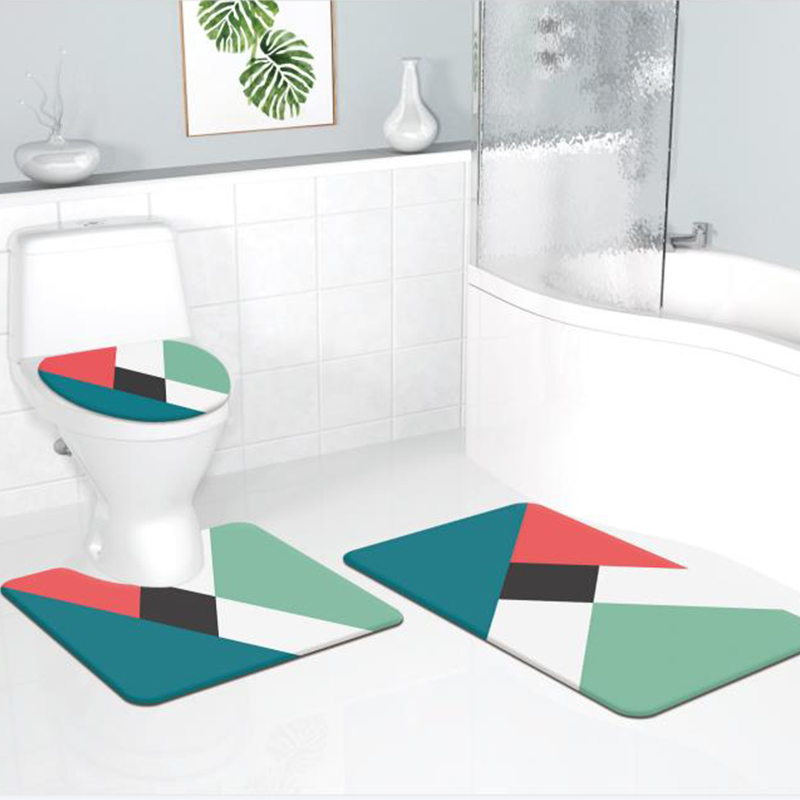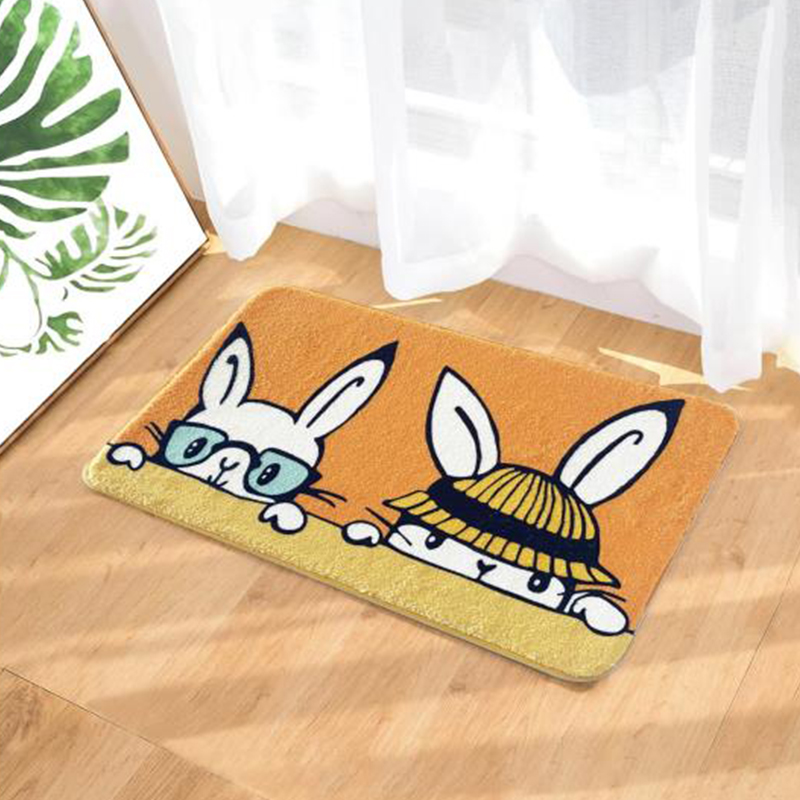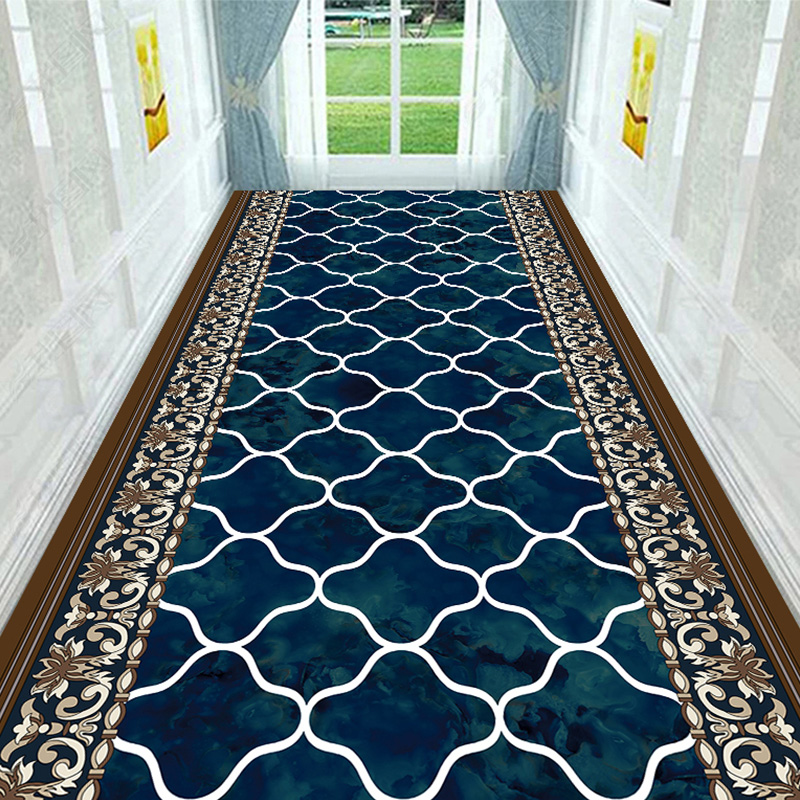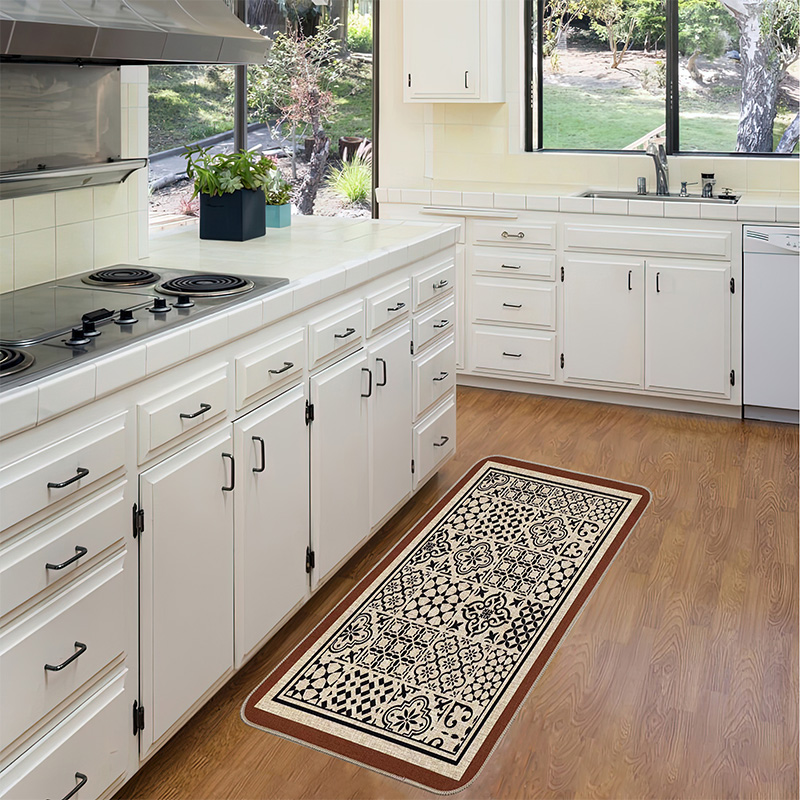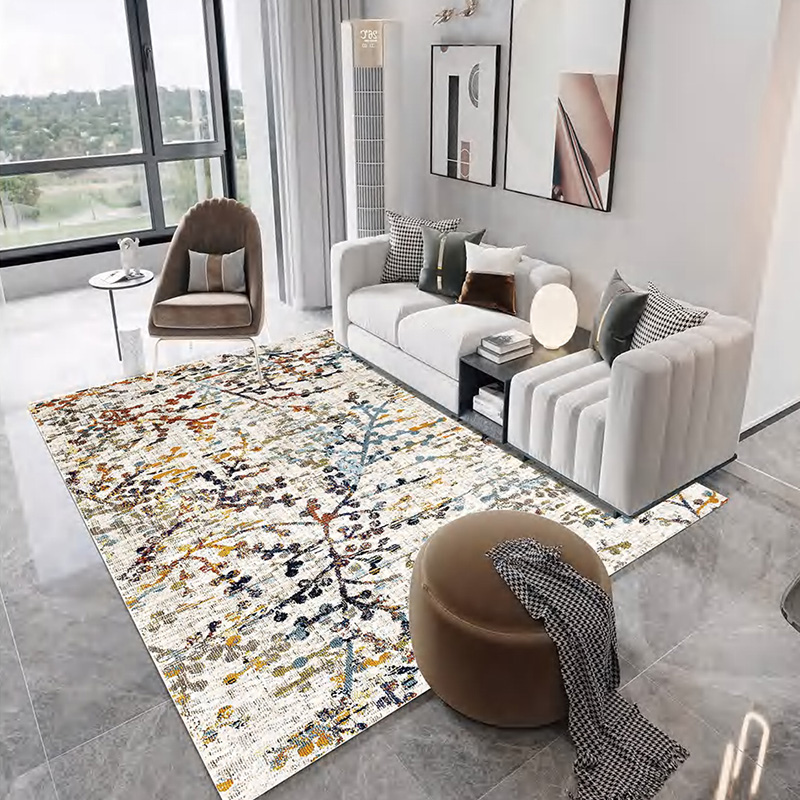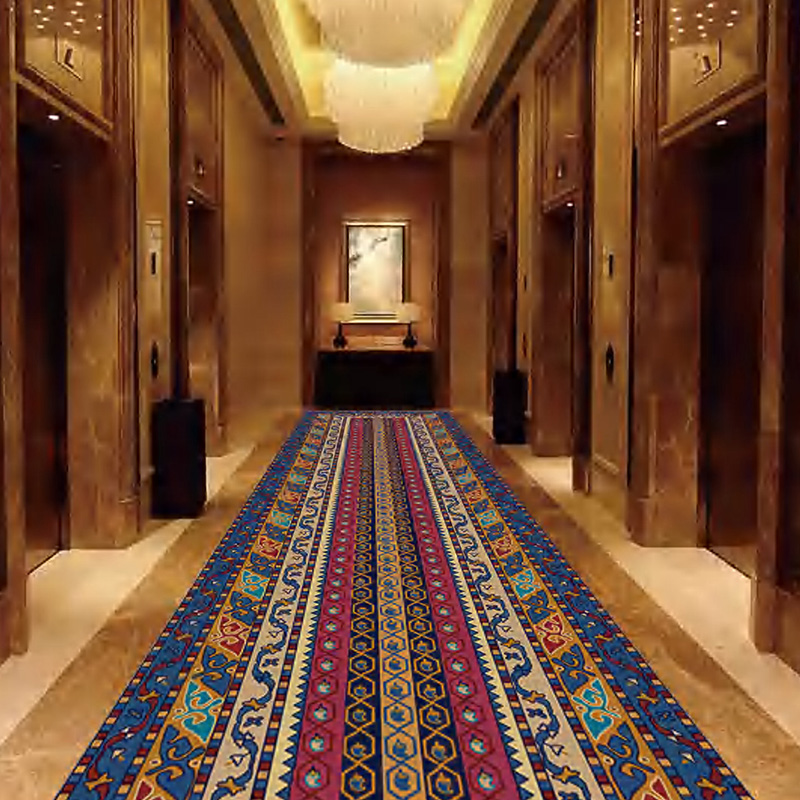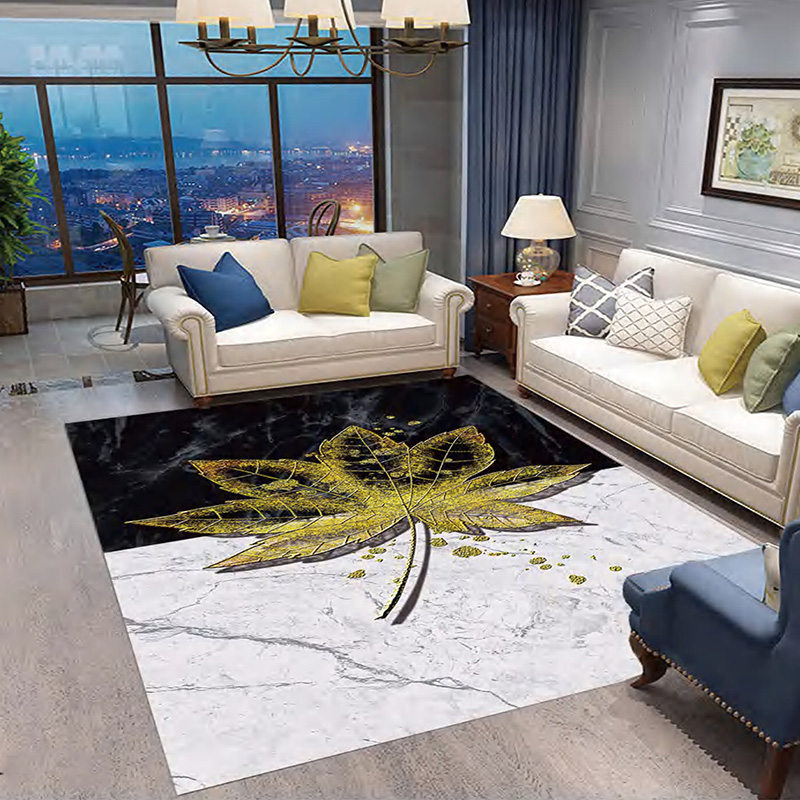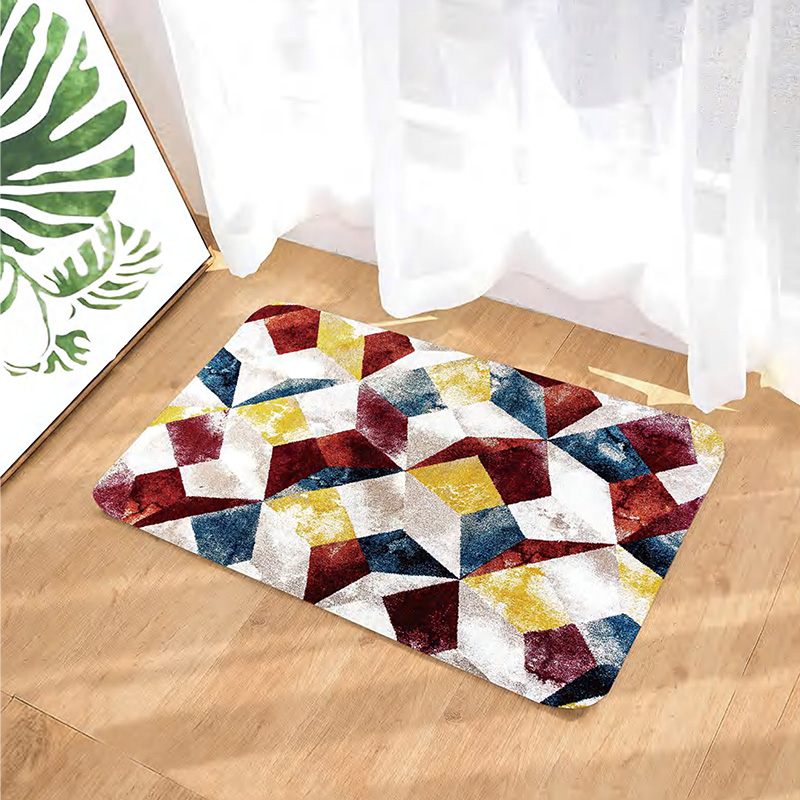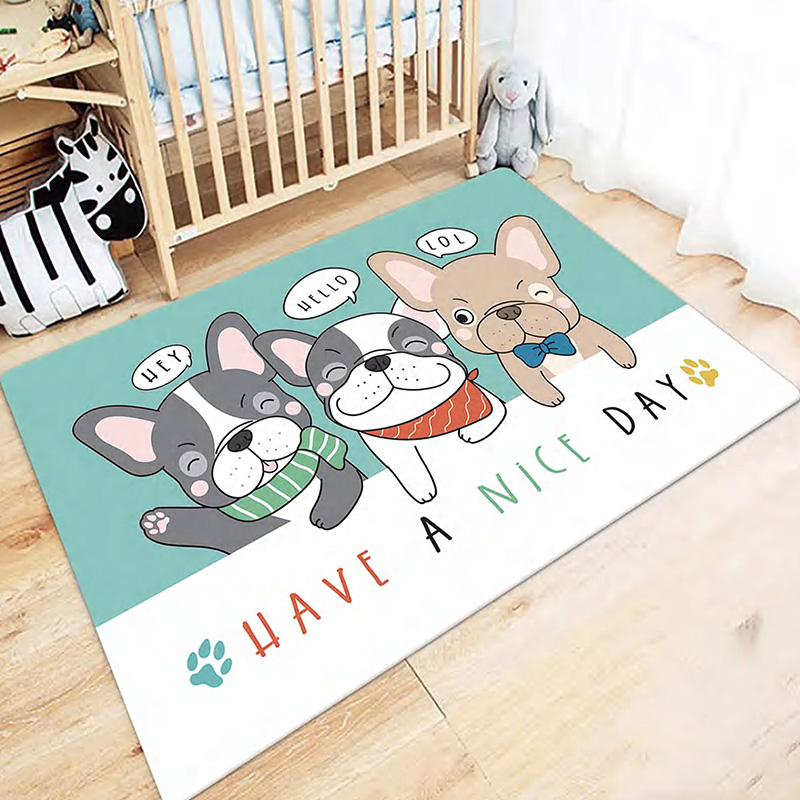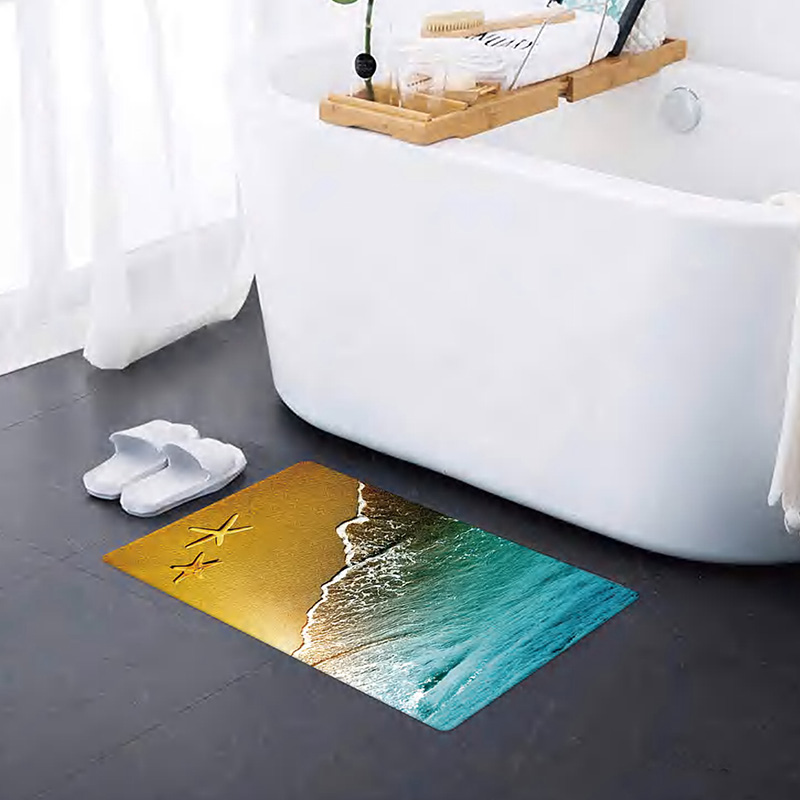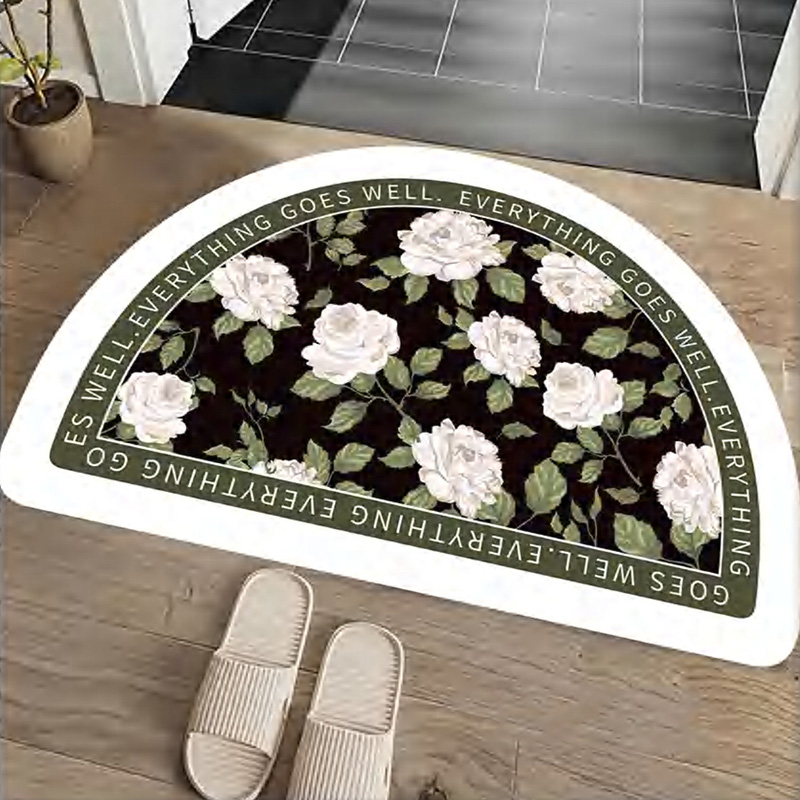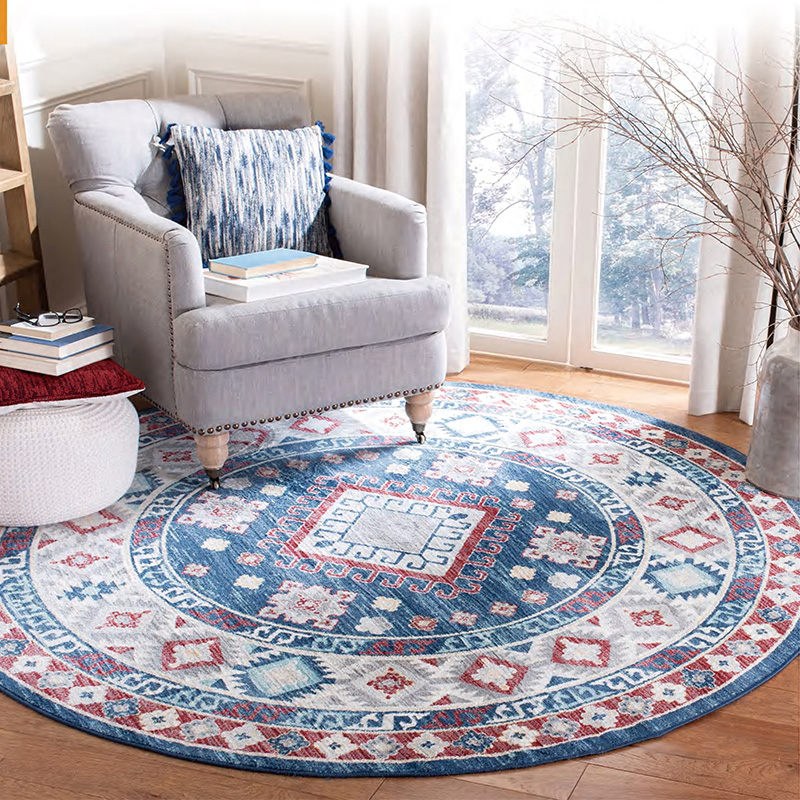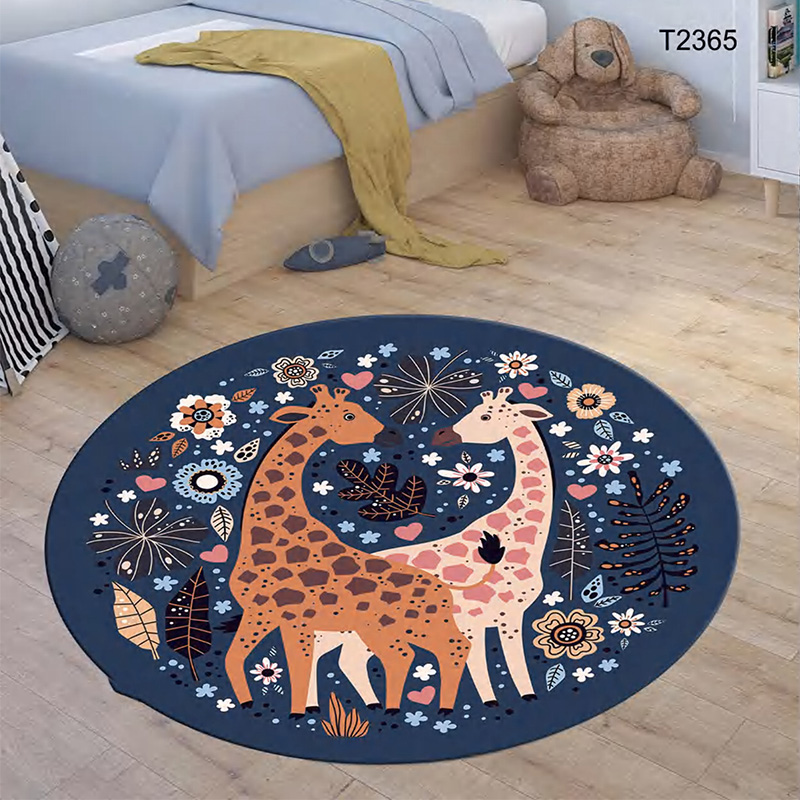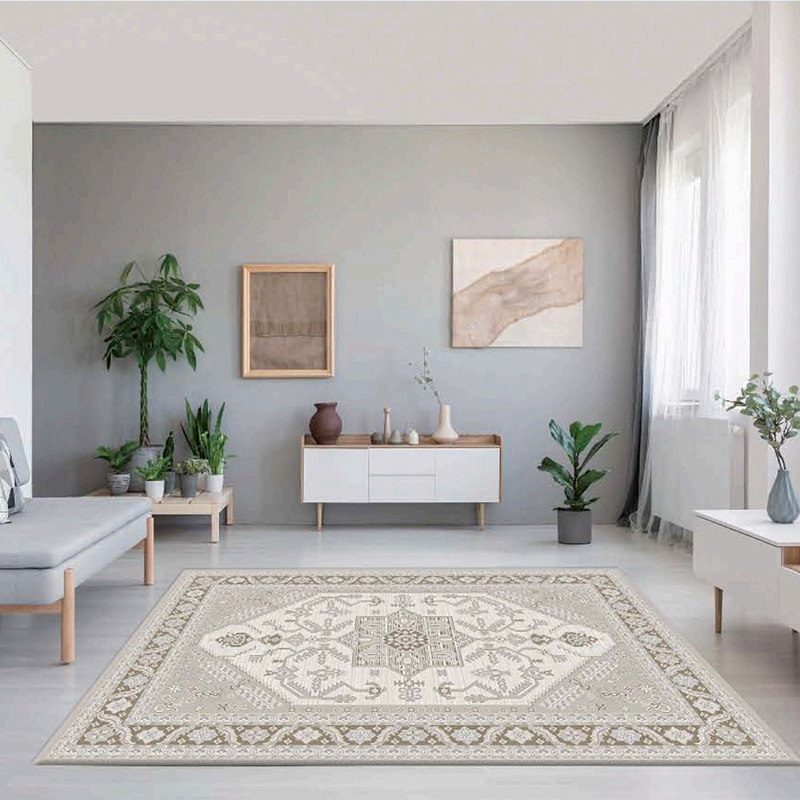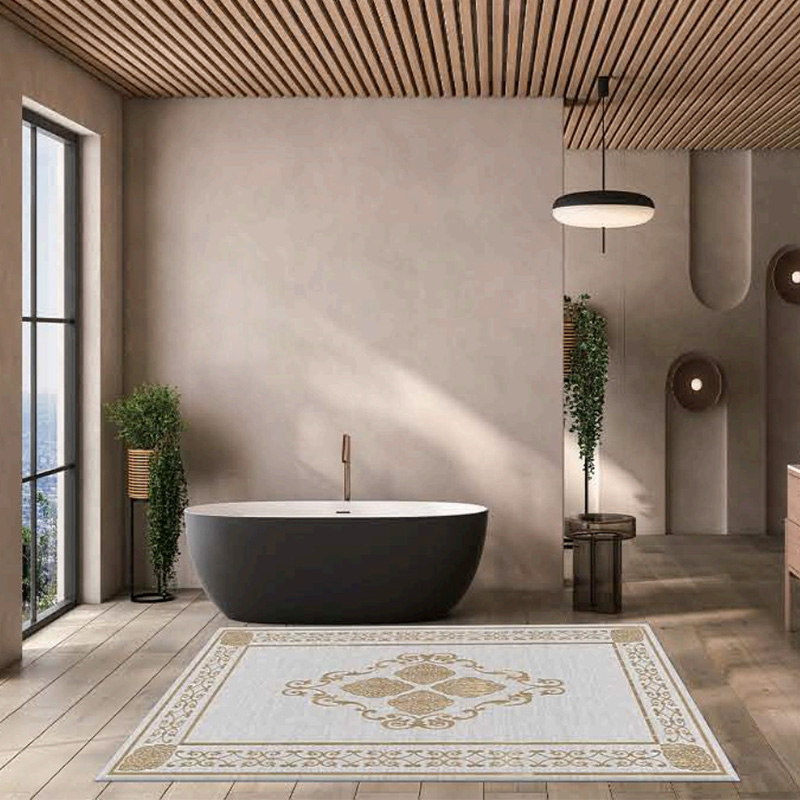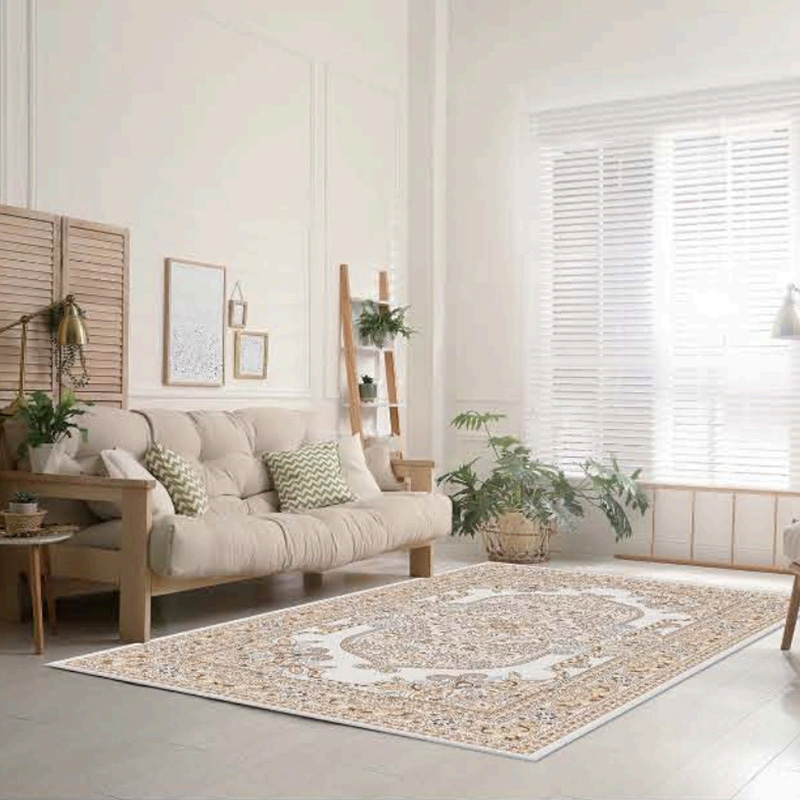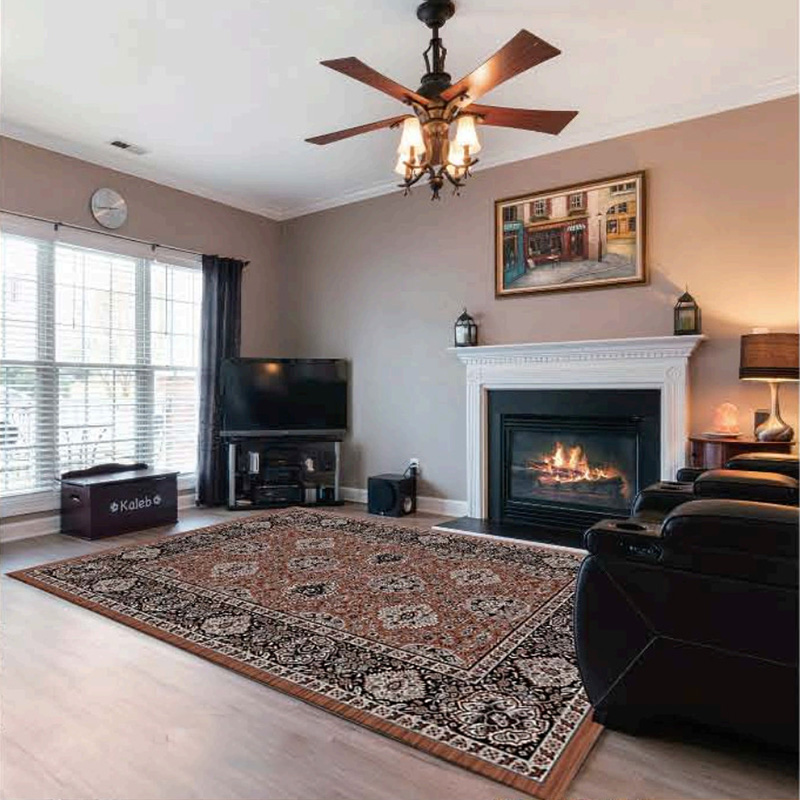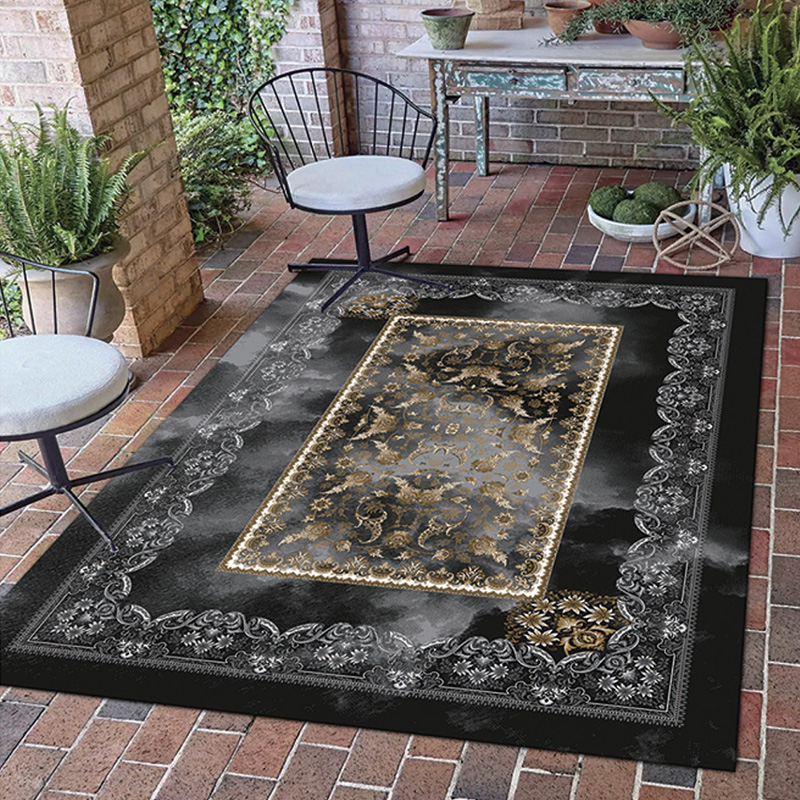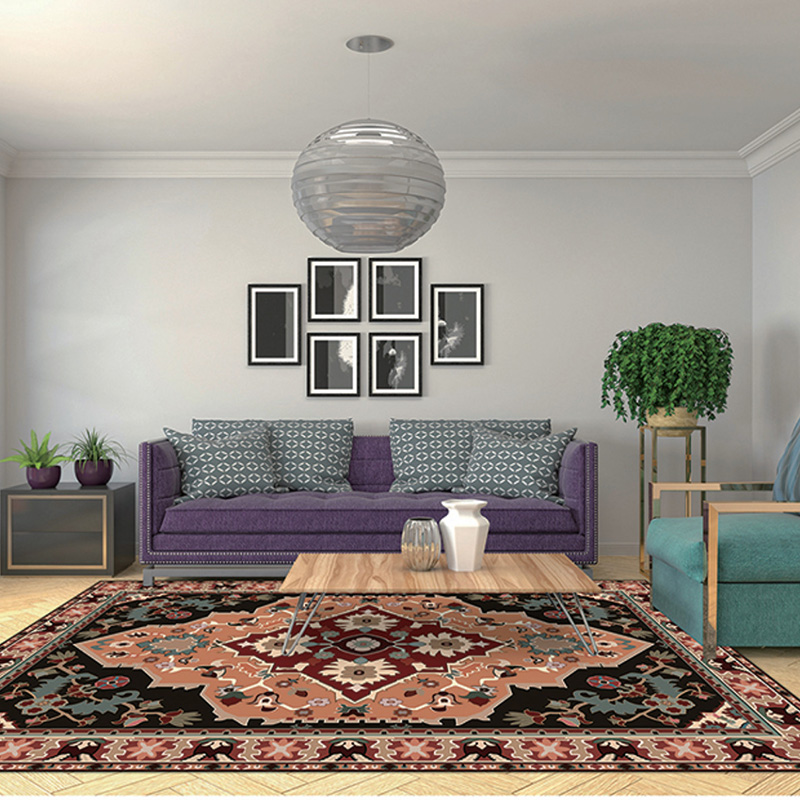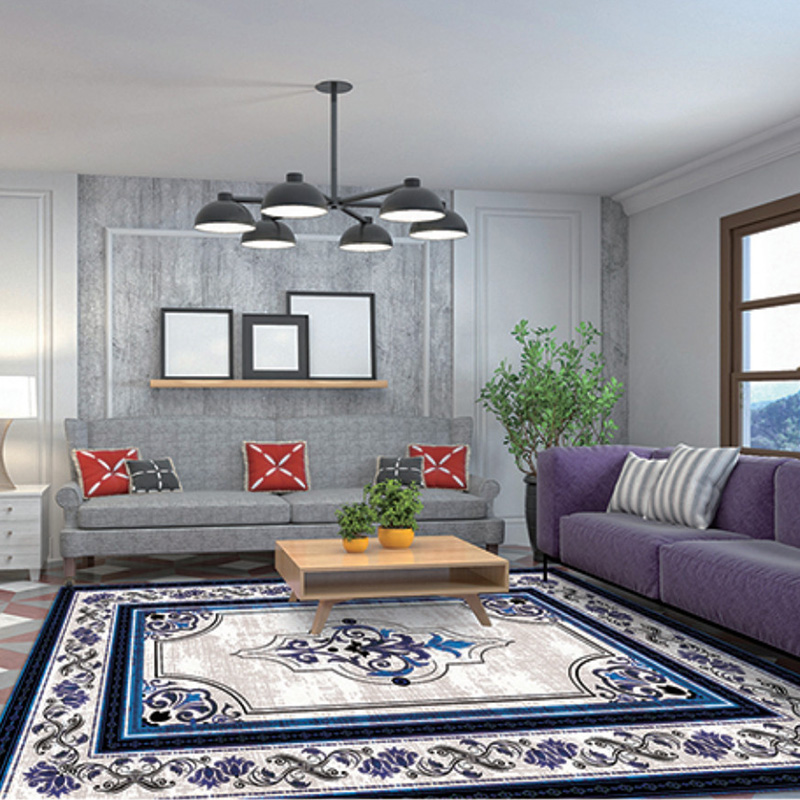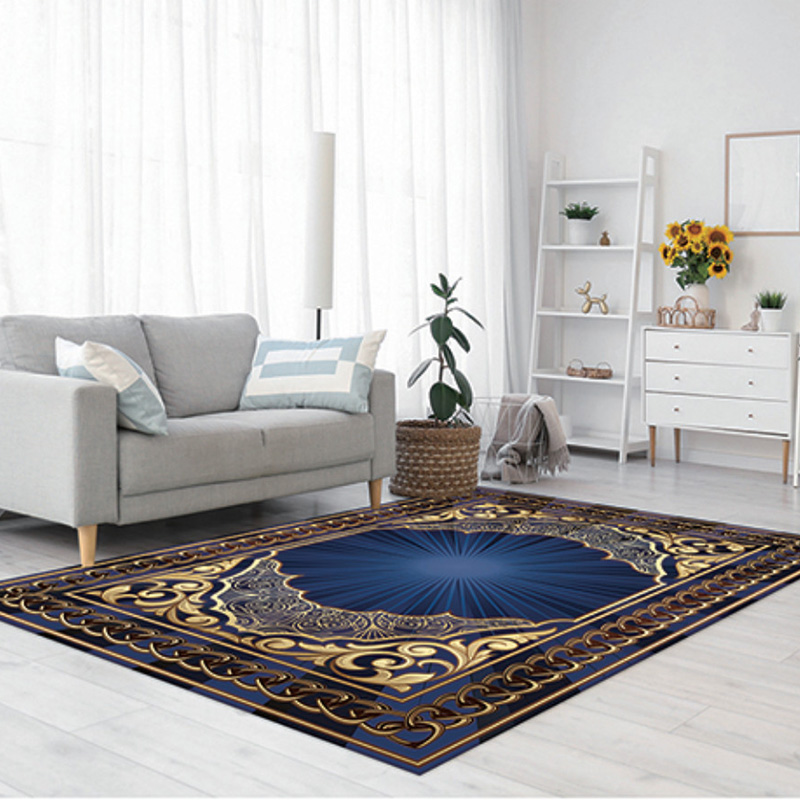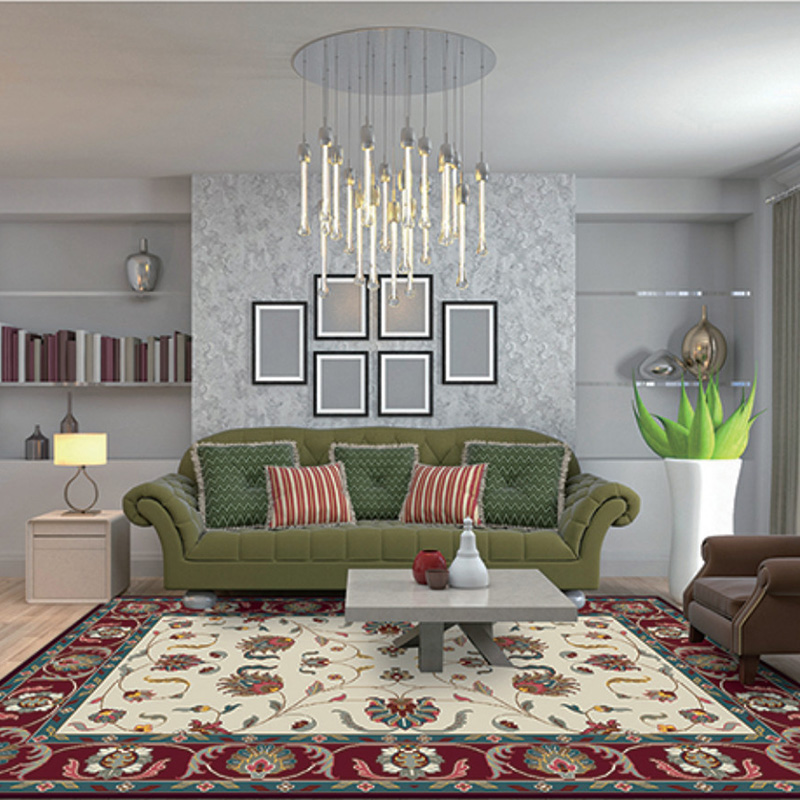In a world where personalization is permeating every facet of consumer life—from tech gadgets to nutrition—the spiritual products industry is undergoing its own transformation. At the center of this shift is the growing popularity of the large personalised prayer mat, a product that is quickly redefining how tradition and modern customization intersect.
Faith-based items have always held deep meaning, but today’s consumers are looking for ways to make their spiritual experiences not just sacred but also personally expressive. This trend is especially visible in the increasing demand for oversized, custom-designed prayer mats tailored to individual preferences in size, fabric, name embroidery, and even thematic patterns.
From Utility to Intimacy: Why Size and Customization Matter
Traditionally, prayer mats have been functional tools, focused on durability and adherence to religious guidelines. However, the large personalised prayer mat goes a step further, transforming an everyday ritual into a deeply personal and sensory-rich experience.
The larger dimensions offer more space for comfort during extended prayer, meditation, or even Quranic study. Whether used at home, in a mosque, or during outdoor gatherings, a larger mat provides the physical ease and mental clarity many worshippers seek during spiritual practice.
“Customization elevates the prayer mat from a basic item to something that reflects identity, reverence, and intent,” says Noor Ali, founder of a boutique Islamic lifestyle brand in the UK. “It’s a merging of form and devotion.”
An Expanding Global Market
The global Islamic lifestyle market is projected to surpass $3 trillion by 2025, according to the State of the Global Islamic Economy report. Within this space, personalized Islamic products—including prayer accessories—are seeing growth.
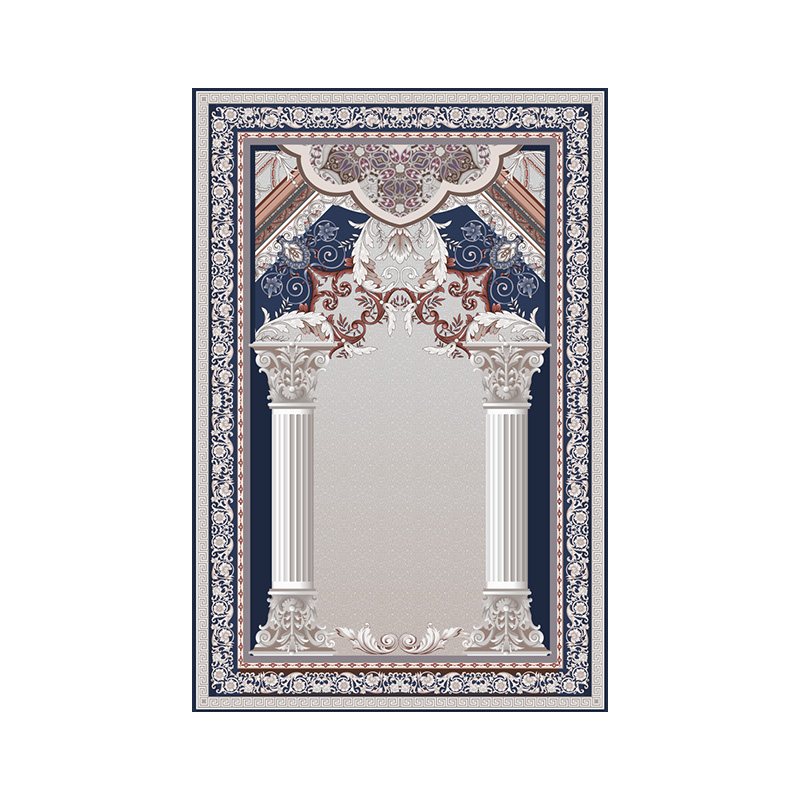
E-commerce platforms, Islamic gift stores, and specialized artisans are offering large personalised prayer mats that cater to weddings, baby naming ceremonies, Ramadan gifts, and Hajj/Umrah souvenirs. The demand isn’t limited to one region; it spans across Southeast Asia, the Middle East, Europe, and North America.
Digital marketplaces like Etsy and Amazon Handmade have become hotbeds for artisans and small brands to showcase custom mats, often featuring options such as customer name embroidery, specific prayer times, or bespoke motifs inspired by Islamic art, geometry, or calligraphy.
Innovation in Design and Materials
Alongside personalization, material innovation is contributing to the rising popularity of these mats. Designers are incorporating memory foam padding for added comfort during prolonged sujood (prostration), suede and velvet for softness, and natural cotton blends for breathability—making them suitable for both warm and cool climates.
Anti-slip backings, water-resistant layers, and foldable portability have also been integrated into larger mats, making them practical as well as luxurious.
More recently, sustainable and eco-friendly materials have started to enter the conversation. Brands targeting environmentally conscious Muslims are now offering organic, biodegradable, and even recycled fabric options—tapping into the global movement toward ethical consumerism.
Gifts with Meaning and Utility
Another key factor in the rise of large personalised prayer mats is their emerging role in Islamic gifting culture. These mats are increasingly being chosen for meaningful milestones: from Eid gifts and Aqiqah events to marriage celebrations and new homeowner presents.
“People want to give gifts that have spiritual weight but also feel luxurious and customized,” says Sarah Khan, a Canadian retailer specializing in Islamic lifestyle products. “A large personalised prayer mat with a recipient’s name in Arabic calligraphy delivers exactly that—it’s intimate, respectful, and thoughtful.”
Gift sets including prayer beads, Quran holders, and mat bags are often bundled together to provide a complete devotional experience, making these items especially appealing during festive seasons.
Social Media and the Rise of Spiritual Aesthetics
Platforms like Instagram and TikTok have played a surprising role in promoting the aesthetic side of faith-based products. Influencers in the Muslim lifestyle and decor spaces are showcasing curated prayer corners, which often feature large personalised mats arranged alongside minimalist furniture, decorative lanterns, and incense.
This online visibility is reshaping how people view religious practice—not just as a spiritual obligation, but as something that can also be emotionally uplifting and visually harmonious within the home.

 英语
英语 阿拉伯语
阿拉伯语 德语
德语
